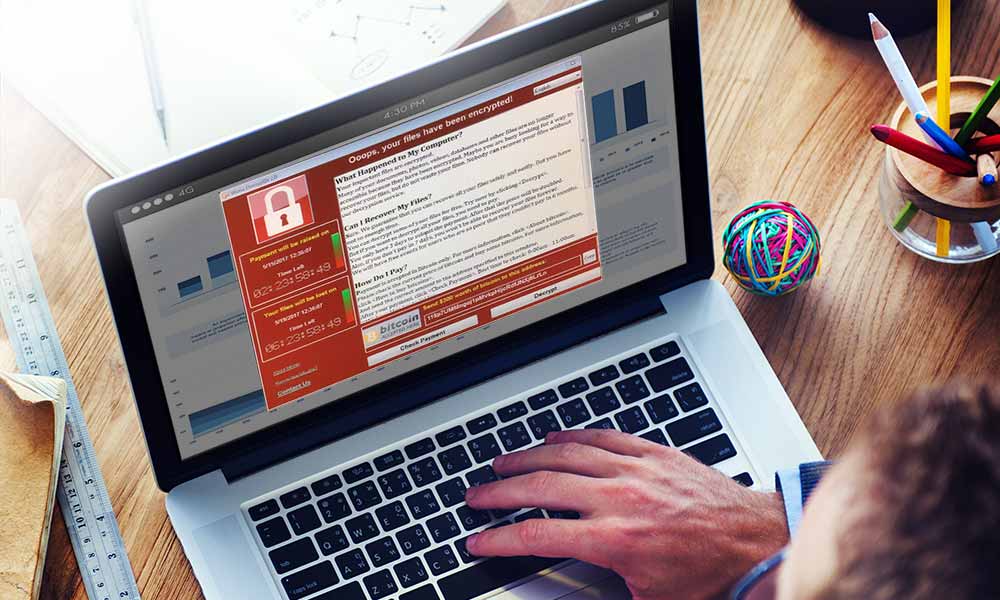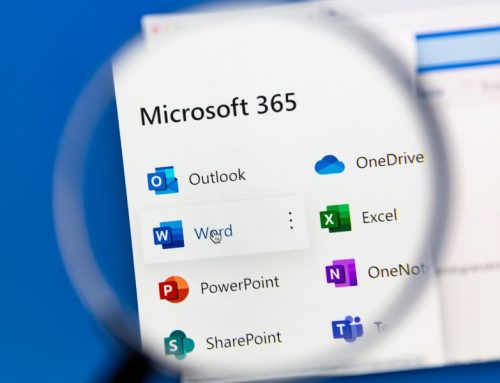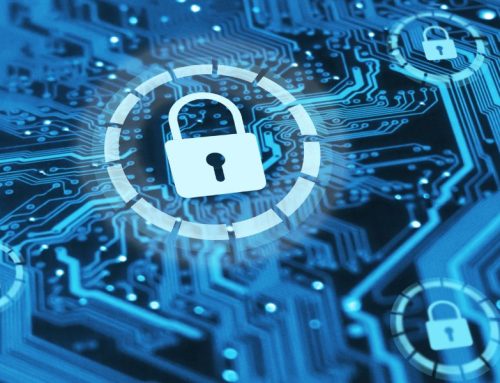Computer Security
I think we have all noticed the recent news about the NHS and how much harm can be caused by a computer virus.
Let’s start by being clear about what this is. This is a malicious piece of computer code which has found its way on to a computer and when activated has encrypted key information so that it is no longer accessible by the computer user. It then migrates to all other computers within the vicinity.
Here at NECL, we were approached by a new client, who, based in Kew, experienced the same computer infection. In this instance, they were being asked for a ransom of two and a half bitcoins. Bitcoins are a digital untraceable currency which is currently valued at over £1,300 each making the ransom they were being asked for being a massive £3,250 per infected computer. In a business setting, you also have the cost of any downtime, IT consultancy, as well as a loss of reputation if the virus prevents you from responding to customers’ needs.

So Who Is at Risk From Such an Attack?
Broadly speaking, it is anyone with an internet connected device (although at the moment these infections are more prevalent on desktops and laptops). These infections often hide themselves within an innocent looking webpage and infect your computer purely by you visiting the infected site. So, in other words, whether you are a home user or one of the largest employers in Europe such as the NHS then you are potentially at risk.
How Do you Defend Against it?
If you need any help or guidance with the above please get in touch by email on enquiries@necl-it.com or you can call Neil direct on 07967 201492.
We are happy to help in any way we can.
Source: http://www.bbc.co.uk/news/health-39906019








